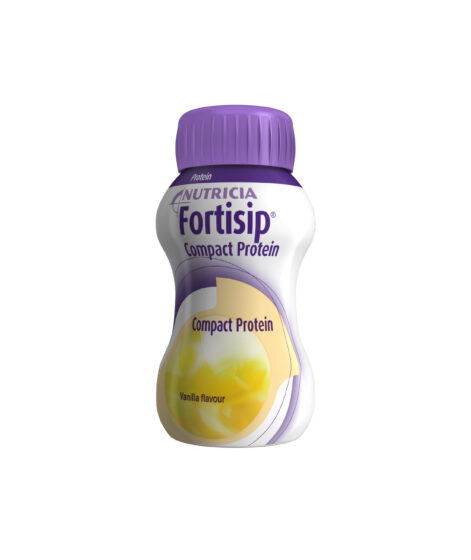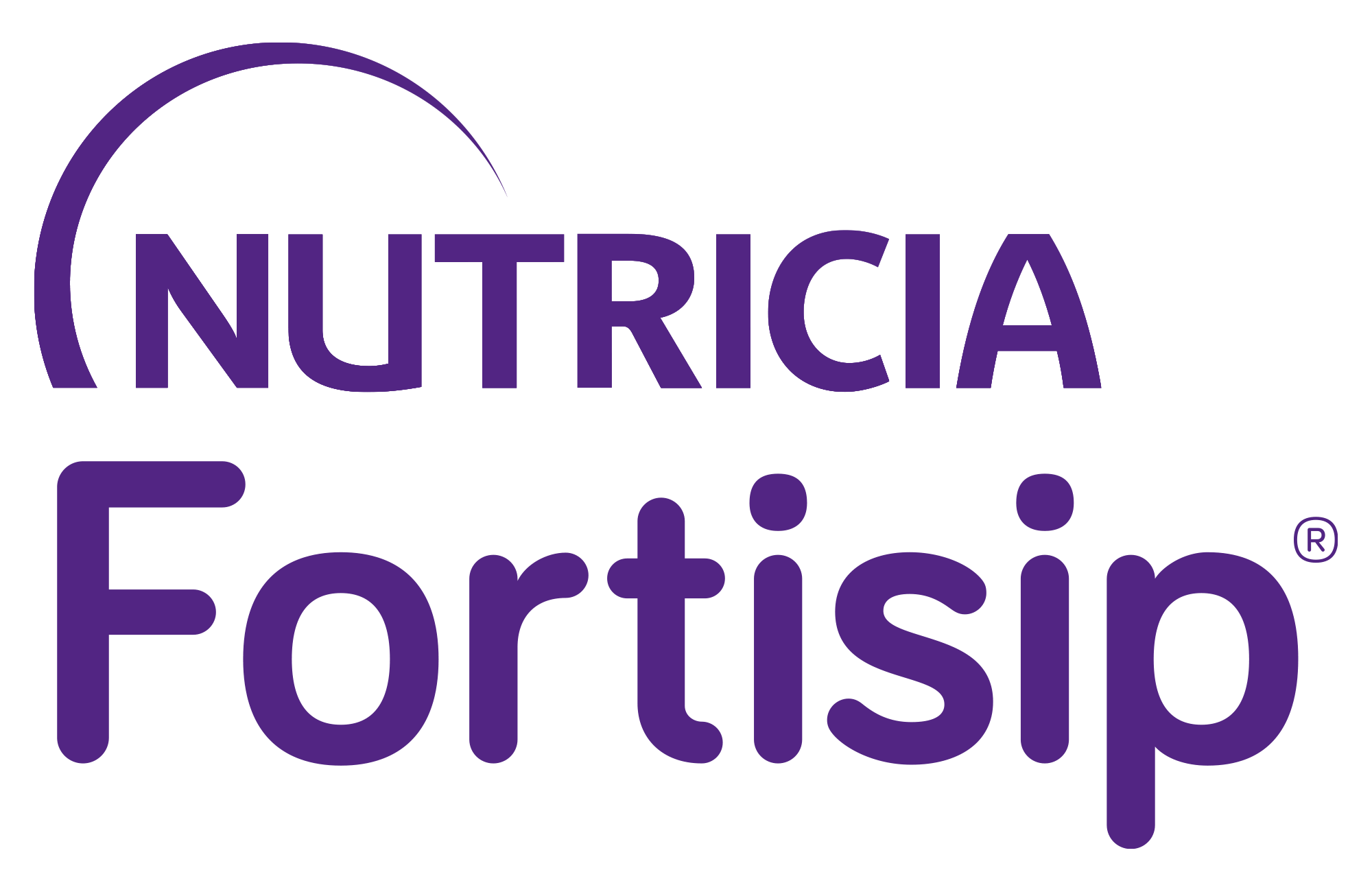Nutrition: A vital ingredient when recovering from illness.
The role of nutrition when recovering from illness
The human body and the car have many common traits. Not sure what we mean? Let us explain. Both the car and our bodies perform better when they’re filled with the right nutrients. Peak performance comes when they’re treated with care and respect. Neither will work properly, or at all, if the tank is empty. So, just like petrol for your car, good nutrition is fundamental to physical and mental wellbeing1. Knowing what foods and how much of them you should eat is important for good health and well-being and preventing illness. Good food and nutrition can help you stay healthy and reduce your risk of diet-related chronic diseases2. Nutrition is equally important when you’re recovering from illness. Good nutrition can support and improve your recovery by providing your body with the essential nutrients it needs to repair and maintain its key functions, during and after periods of being unwell. This is especially the case for people after undergoing surgery, those with malnutrition or gut health-related conditions, and cancer patients2.
What does nutrition actually mean?
In Australia, we are fortunate to have information readily available to us about nutrition and its role in maintaining our daily health and wellbeing, plus how it can aid recovery from illness. Most of us know the importance of a balanced diet that includes a variety of nutritious foods from the five key food groups every day and to drink plenty of water. But we get it – sometimes the thought of getting nutrition right is overwhelming, especially if you’re energy levels are low due to being unwell or caring for someone else who is. Fortunately, there are a number of credible online resources that you can access to make it easier to know what to eat, to get your health back on track again. The Australian Dietary Guidelines3 state the key to eating well is to enjoy a wide variety of nutritious foods. Developed by the National Health and Medical Research Council (NHMRC), these Guidelines are supported by evidence-based recommendations on the types and amounts of foods Australians should eat to meet their daily nutritional requirements. While they provide a succinct overview of the five principal recommendations for healthy eating, a consultation with a healthcare professional, such as a dietitian, will ensure you understand how these recommendations can be applied to your individual situation and specific health needs, especially when unwell or recovering from an illness. The Australian Guide to Healthy Eating4 complement the core Australian Dietary Guidelines by actually showing you the five food groups and the recommended amounts you should eat every day.
Nutrition during illness recovery
While nutrition guidelines are helpful to ensure you stay healthy, knowing what foods and how much of them you should eat when recovering from illness is important, as our bodies will understandably need extra energy and nutrients to get better. It may be harder for your body to get all the nutrients it needs when unwell. This can be because of difficulties with eating and drinking enough, poor appetite, changes in taste, or your body being unable to absorb all the nutrients it needs from food and drink. In this case, a healthcare professional, such as a dietitian, may work with your GP or specialist, to develop tailored nutritional guidance and advice, based on your individual nutritional needs. This will take into account your age, weight, health status and physical activity. Nutritional supplements are also often recommended to ensure essential nutrients for good health are consumed on a consistent, ongoing basis. Your healthcare professional may advise you take a nutritional supplement daily, such as Fortisip Compact Protein, which can help you meet your daily nutritional needs when your usual diet is not enough. This 125ml ready-to-drink, high energy, high protein nutritional supplement shake is high in calories (300kcal) to help maintain your body weight when you are unwell or recovering from illness. Each bottle contains a similar amount of protein to three eggs to assist in maintaining muscle mass, plus it contains 28 vitamins and minerals. This compact little bottle can also be used to create a delicious smoothie or snack.
Change…for the better!
Remember, a personalised nutritional plan may change as you get better and stronger, or during treatment for a disease like cancer, so be prepared to adapt eating and drinking habits during your road to recovery, as directed by your healthcare professional. Their goal will always be to ensure your diet has enough energy, protein, vitamins and minerals to get you, or your loved one, back to good health as fast as possible. A dietitian can help you, or your loved one, to understand changes in your nutritional requirements; they will also devise tailored strategies and practical ways for you to meet your specific nutrition goals, based on individual factors such as age, weight, health status and physical activity. Clinical dietitian and nutritionist, Jaime Rose Chambers, says she’s had many patients who have come to see her with malnutrition, usually due to a lack of appetite that’s developed as they’ve aged or because of a certain condition, medication or treatment they’re on. ”They are often low in energy and feel very weak and lethargic. If their diet simply can’t meet their daily nutritional needs, a compact liquid nutrition supplement like Fortisip Compact Protein is so valuable because it provides fluids, as well as a concentrated source of energy and other essential nutrients which gives the patient so much more energy, strength to do some of their daily activities, it helps with wound healing and it also might mean the difference between being able to start or complete a medical treatment.” The best approach to eating for a long and healthy life is a diet that is balanced and meets your individual and unique needs. Nutrition can also help improve your recovery from illness by providing the body with the essential nutrition to repair and/or maintain functions of the body during and after periods of being unwell5. Like anything important, you must remain committed to nutrition and its valuable role in helping you recover from illness. You’ll get back what you put in, literally!
Related Articles

Cancer and weight loss

Fortisip Compact Protein
References
- Victorian Government Health: nutrition and hydration impacts on health: Nutrition and hydration impacts on health
- Australian Government Department of Health: Food and nutrition – Australian Government Department of Health
- NHMRC Australian Dietary Guidelines: The Guidelines – Eat For Health
- Australian Government Eat for Health Guide to Healthy Eating: Australian Guide to Healthy Eating – Eat For Health
- Australian Dietary Guidelines 1-5: Australian Dietary Guidelines 1 to 5 – Eat For Health

